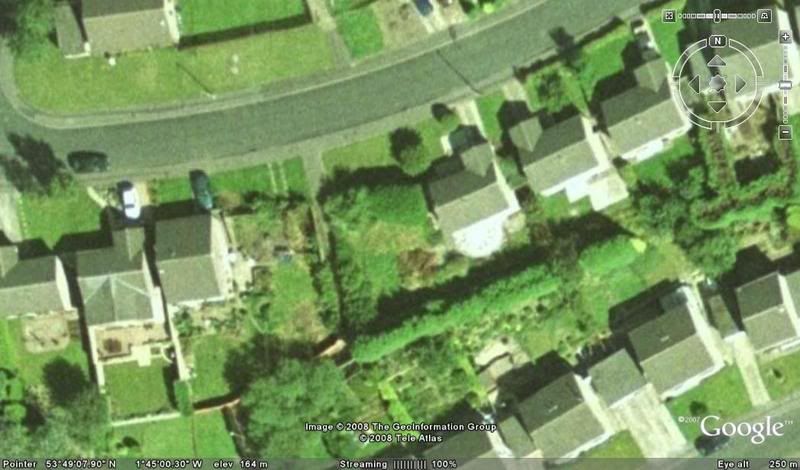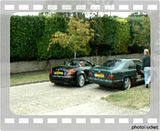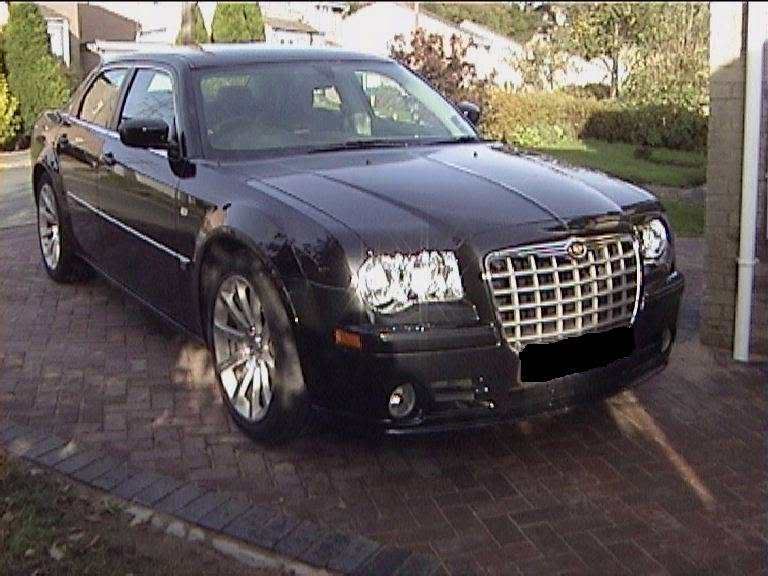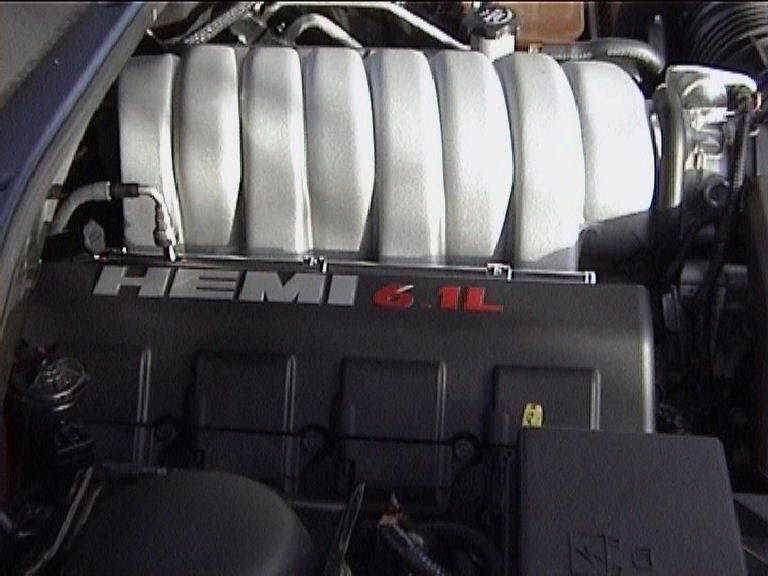Over the very long term, house prices have risen about 2% faster than prices. So have earnings. They tend to move roughly in line. So if the real interest rate is 2% or more, investing in houses does not pay. I'm sure Scumbag won't like that fact but it happens to be true.
How longer a term are we talking here?
The only problem when buying a house is if you buy it when just before the market is not in a good state, like present, and you need to sell for whatever reason. You may end finding it won't sell for what you paid. However, selling is not the only option you have at that time, but people insist on selling and therefore we end up with the negative equity.
You could let you house, and move into rent, while the market improves which will negate the market fluctuations.
However, 2% increases? whenever over any long term have house prices on average, or otherwise only increased at 2%
And even if it was 2%, which clearly it isn't, 2 % of £200k is a damn site more than 2% on the £10k deposit you would need for a 95% mortgage on it.
As the only difference to your payments are fluctuating interest rates, which means over a long term, if they average out at 7%, have not gone up over the entire term, lets say 25 years, did you wage stay the same over that 25years? has your house only increased 2% over that 25 years too?
And after 25 years, would you be in negative equity, after having paid 3 times what you borrowed?
By my meagre studying, you would pay back around £330000 and your house would be worth £550000. and you would have paid off your mortage. and your salary would be at todays rate, not 25 years ago when you first bought your house, and your mortgage. so for the last 10 years you would have been a lot better off. and you may indeed even have paid it off before then.
If buying house is so bad....why do investers buy houses?
Hello planet earth, I am coming back.




